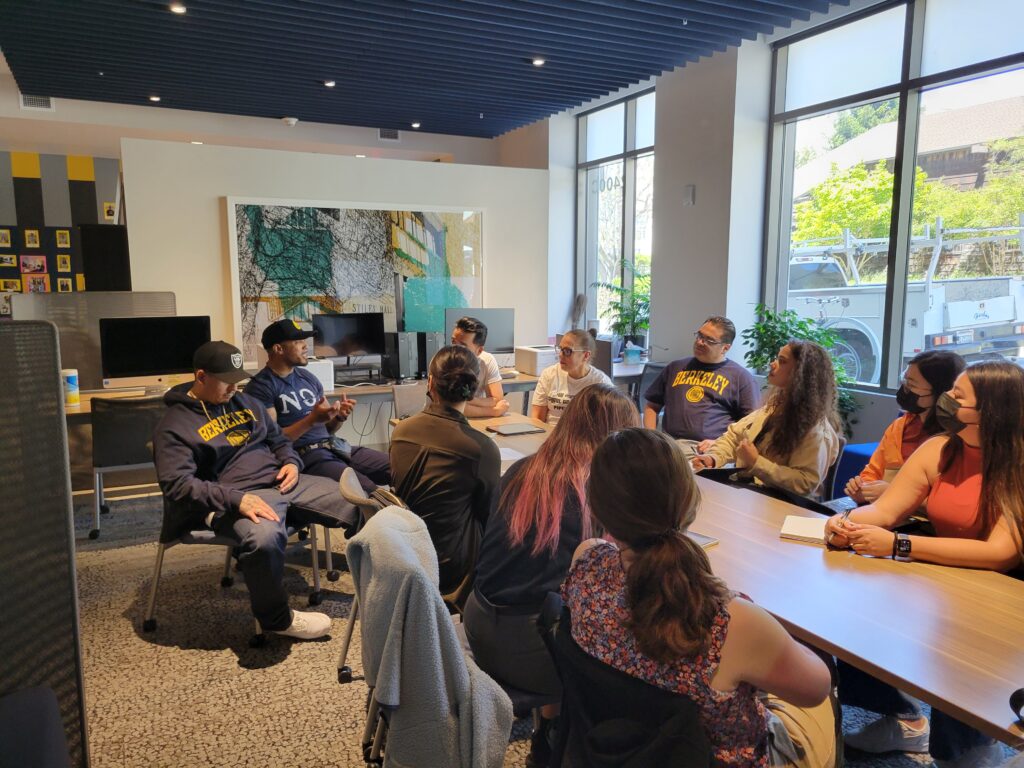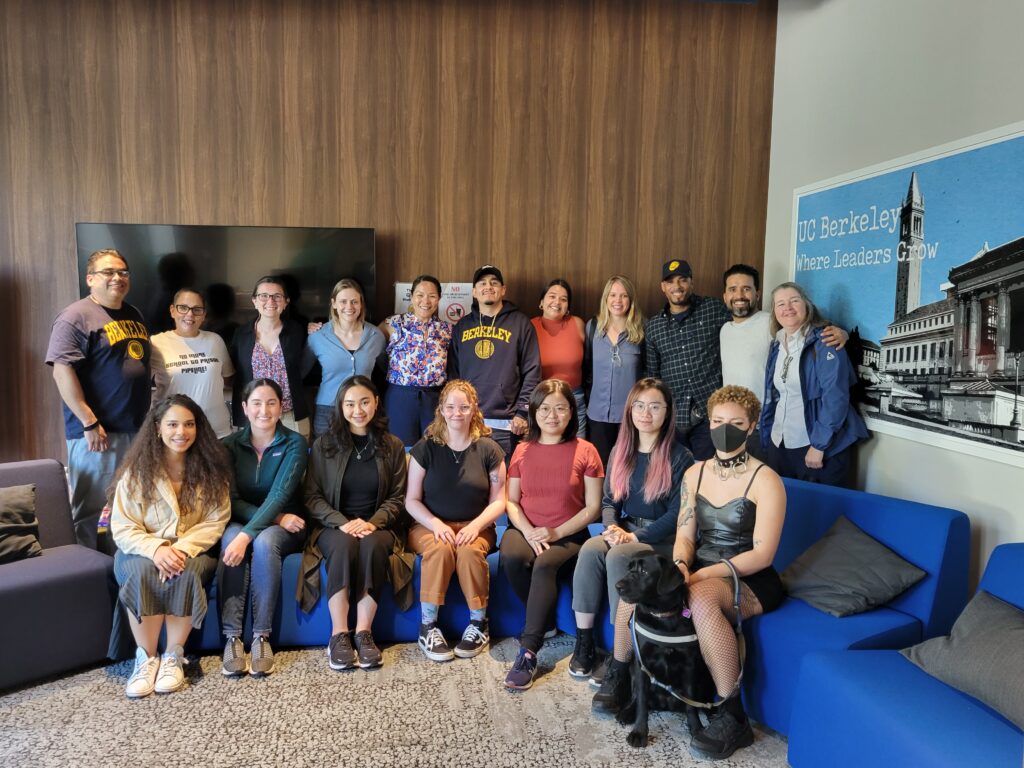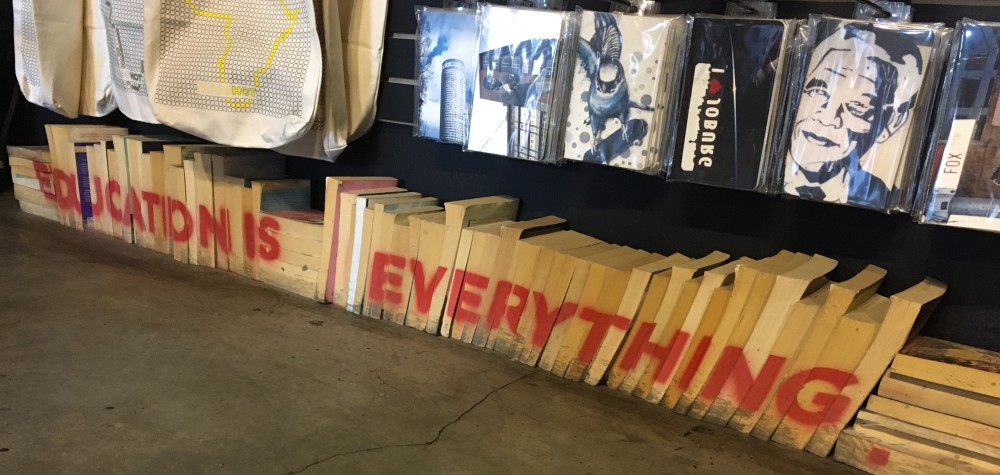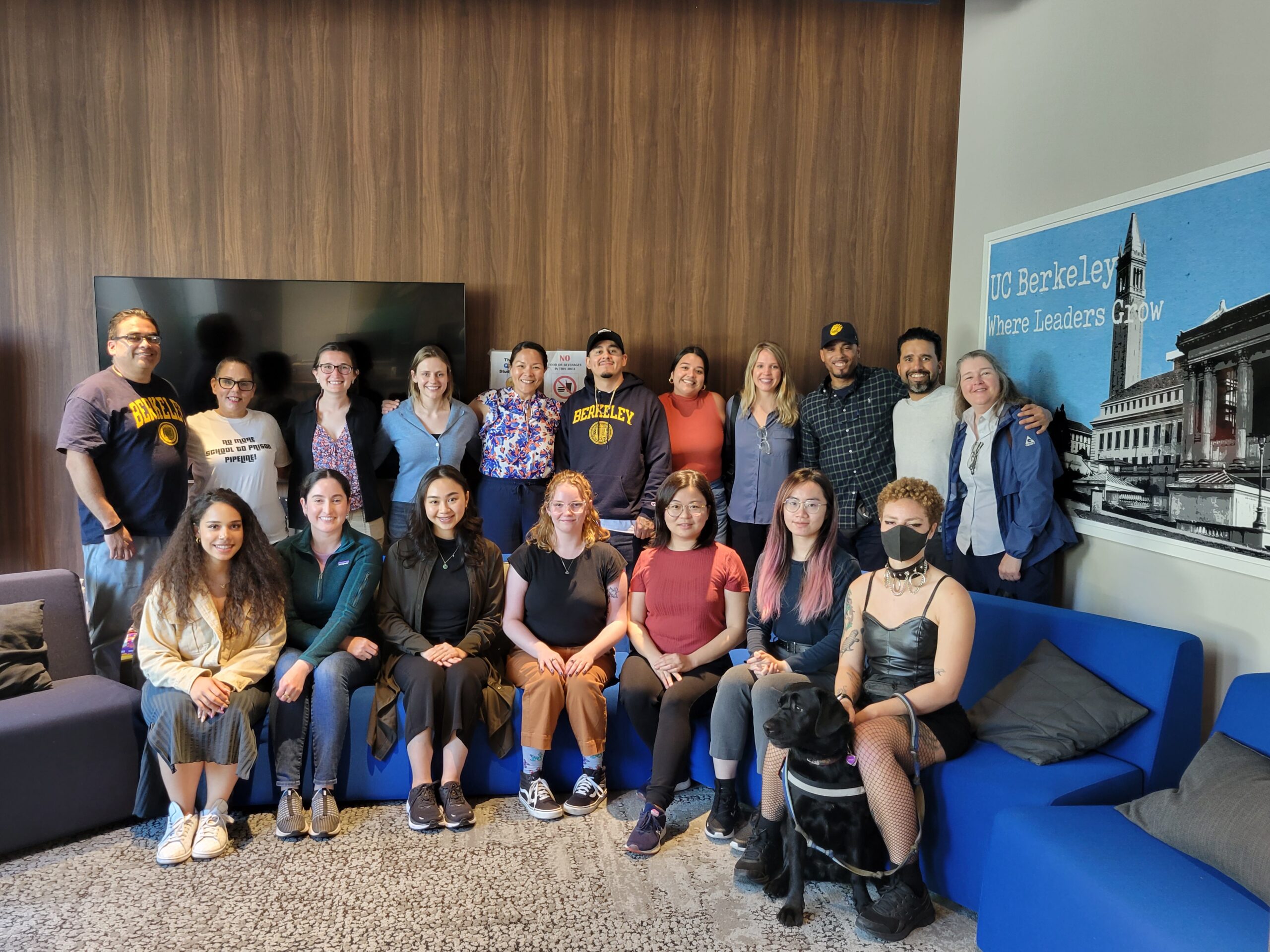“It’s a treasure chest, but if you don’t have a map, you won’t find the treasure”. Danny Murillo, the co-founder and Associate Director of the Berkeley Underground Scholars (BUS), perfectly describes the essence of higher education. Post-secondary education and highly-selective institutions such as UC Berkeley are often viewed as pathways to lucrative job opportunities, social capital, and access to resources. For formally incarcerated students seeking the treasures of UC Berkeley, the Underground Scholars are something of a GPS.
What began as a reading group among a handful of formerly incarcerated students who had found each other on campus, has grown into a community of scholars and activists who work to recruit, retain, advocate for, and promote the wellness of the formerly incarcerated and system-impacted community. Now housed in Stiles Hall, down the street from the main gates of the University, the BUS space serves as a hub for the community and center to connect, do work, and offer programming.

Our group had the opportunity to meet and share lunch with Danny, along with Co-Associate Director Michael Cerda-Jara, and student leaders Cesar Garcia, Michelle Maxwell, and Hakim Owen during our first full day in the Bay Area. Several of the underground scholars shared powerful personal stories of seeking out education while incarcerated and eventually working their way into an undergraduate program at UC Berkeley after being released. Both Danny and Michael had gone on to pursue graduate degrees at California State Long Beach and Stanford University while continuing their work with BUS. We learned more about the work the group does to build a “prison-to-university” pipeline including direct outreach to incarcerated individuals, community advocacy and organization around issues concerning the justice system, and programs to support the holistic development of their students. The work of the Underground Scholars reaches far past the campus, and their impact is profound.
For me, meeting with the Underground Scholars prompted reflection on the value and importance of community. One student leader, Michelle, shared how her best friend, also a Berkeley student, typed Michelle’s application for her while she was still incarcerated without reliable internet access. Without the support of her friend, Michelle noted she wouldn’t even think Berkeley was an option for her. Others shared how BUS connections on campus have assisted them in landing professional opportunities, securing housing, and even learning about self-care. Community and personal relationships are vital in getting system-impacted individuals the information and resources they need not only to get through the front doors but to truly thrive and feel a sense of belonging at their institutions.

While the Underground Scholars seek knowledge through higher education, I believe that higher education may have even more to learn from them. The group expressed struggles with gaining significant funding and recognition from their institution, which prompts the question: who is higher education for? More specifically, who is UC Berkeley for? When you describe who you think would be a UC Berkeley student, would the words “incarcerated” or “system-impacted” come to mind?
Chapters of the Underground Scholar Initiative (USI) now exist on every UC campus to support and uplift formerly incarcerated and system-impacted students. As groups like this expand, I hope institutions will begin to understand their critical importance and provide them with the recognition, resources, and maps they so rightly need to find their treasure chests.
–Tiffany Komon, master’s student

